Life
Sign up for our newsletter
We summarize the week's scientific breakthroughs every Thursday.
-
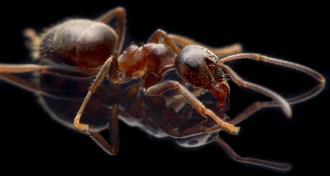 Animals
AnimalsWhere an ant goes when it’s gotta go
Scientists found black garden ants defecating in certain spots inside their nests. The researchers say these spots serve as ant toilets.
-
 Health & Medicine
Health & MedicineFor athletes, antioxidant pills may not help performance
Supplements of vitamins C, E and other antioxidants may blunt the positive effects of exercise training.
By Laura Beil -
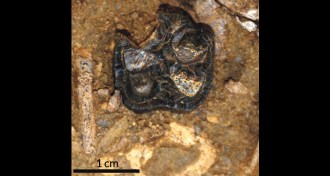 Paleontology
PaleontologyHippo history extracted from fossil teeth found in Kenya
Fossilized teeth from the newly identified Epirigenys lokonensis, an ancestor of the hippopotamus, are filling in some of the mammoth mammal’s history.
-
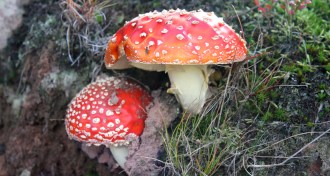 Life
LifeGene study digs into partnership between fungi and plants
Fungal genes for symbiotic relationship with plants evolved a few times, and relatively recently, a study suggests.
-
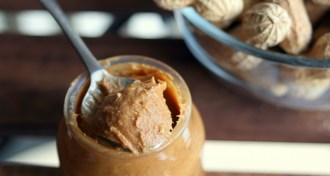 Health & Medicine
Health & MedicineEarly peanut exposure can reduce likelihood of allergy
In many infants at risk of developing a peanut allergy, early and steady exposure to peanut butter prevents it, a new study finds.
By Nathan Seppa -
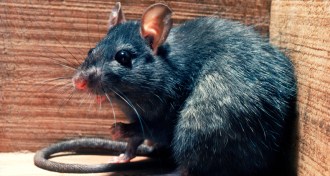 Ecosystems
EcosystemsBubonic plague was a serial visitor in European Middle Ages
Outbreaks of Black Death in medieval Europe may have been triggered by faraway weather patterns and hungry gerbils.
-
 Health & Medicine
Health & MedicineSix ways to beat chronic stress
Counseling, mindfulness training and purposeful social contact may counteract the effects of chronic stress.
By Nathan Seppa -
 Health & Medicine
Health & MedicineChronic stress can wreak havoc on the body
Scientists are shedding light on all the ways that chronic stress can boost inflammation and lead to serious health problems.
By Nathan Seppa -
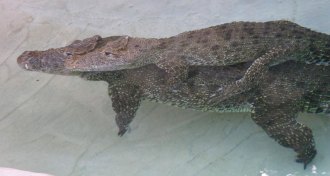 Animals
AnimalsFive surprising animals that play
No one is shocked to find playful behavior in a cat, dog or other mammal. But scientists have documented play in plenty of other species, including reptiles and insects.
-
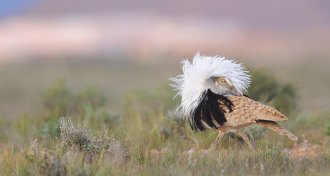 Animals
AnimalsFlamboyant old bustards keep showing off
Among outrageously flirtatious birds called houbara bustards, old males may pay a penalty for years of extreme display.
By Susan Milius -
 Psychology
PsychologyGene variant may foretell success in program for at-risk kids
Disruptive children with DNA twist show biggest turnaround with 10-year intervention.
By Bruce Bower -
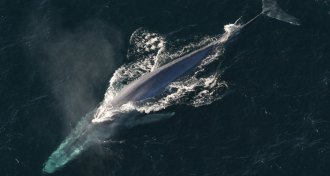 Animals
AnimalsOcean animals have bulked up since ancient eras
Marine animals today are much larger on average than they were in the Cambrian Period.